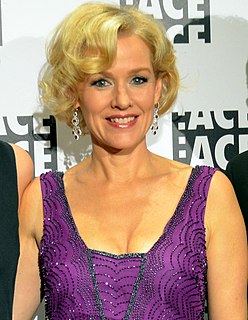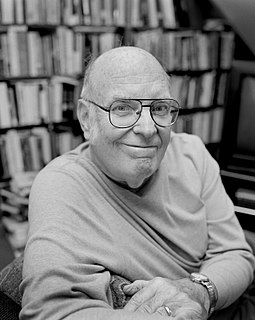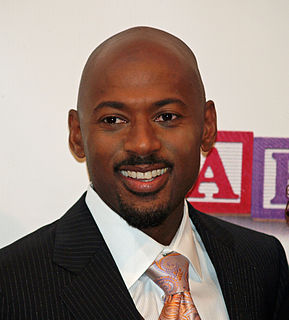A Quote by Penelope Ann Miller
Harvey Weinstein bought our film, and he's an animal. He's got us out there campaigning and everything because honestly it's a silent black-and-white film.
Related Quotes
I thought 'The Artist' was a perfect way to find a good balance. The artistic challenge is obvious because the film is black-and-white and its silent, but I did my best to make the movie accessible and easy to watch. I really don't want to make elitist movies. I really try hard to work for the audience. Audiences are smart. They get everything.




































